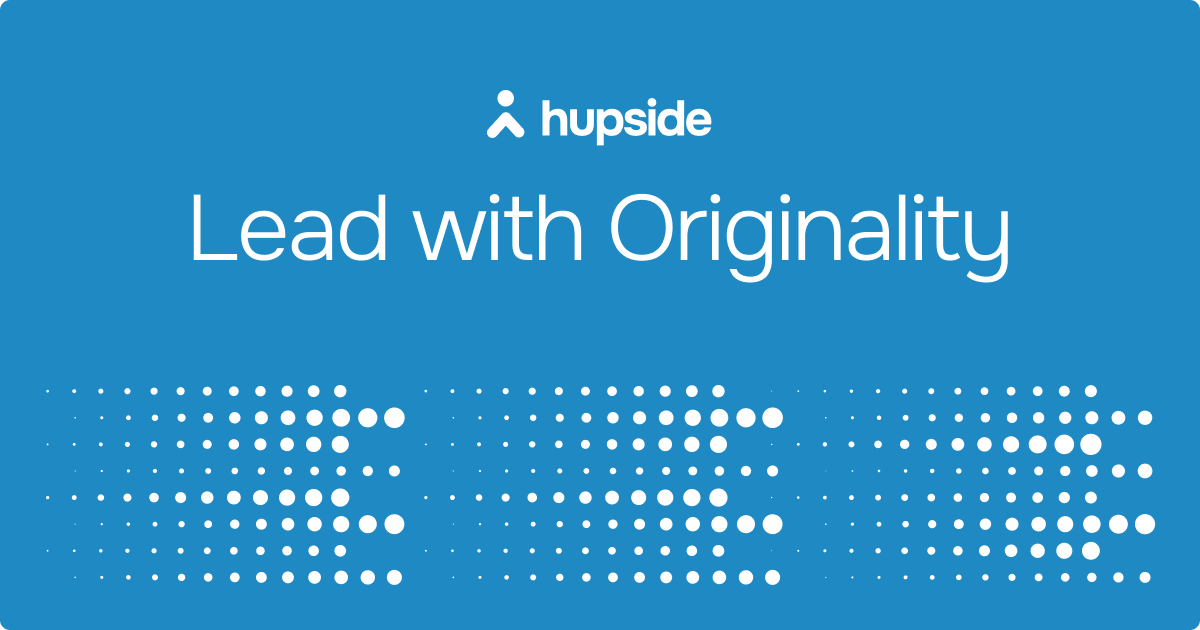In a world where machines can write, diagnose, and even “think” faster than we can, the most urgent question is not what AI can do. It’s what humans are still uniquely capable of.
Enterprises have certainly embraced AI. Businesses around the globe are pointing to their implementation of AI as proof of their ability to solve problems faster and with more accuracy than their competitors. In healthcare, AI is accelerating drug discovery and powering diagnostic tools that interpret scans with superhuman accuracy. It streamlines research, document generation, and fraud detection in the legal and finance sectors. The possibilities are seemingly endless—in nearly every function of a company, there’s a case for making AI part of its workflow.
AI has also taken over at the individual level. People ranging from high school students writing their college admissions essays to thought leaders at the top of multinational corporations are looking to large language models (LLMs) to streamline their writing process. In a recent interview, OpenAI CEO Sam Altman claimed that “something like 10 percent of the world” uses ChatGPT.
What makes AI great is the nature of how it works—in simple terms, it quickly looks across its already-existing data sets and by using sophisticated statistical analysis, it provides an answer to a prompt that is so close to how we would write a blog post that many wonder if it is truly human. In many cases, this is an extremely effective tool. However, in some cases, this is limiting and a potentially harmful risk. That’s because in order to do its job, AI is homogenizing content and has a bias towards its own content.
In simple terms, this means that the more we use AI, the less likely we are to get new, original content. For some jobs, this might not be a problem. However, when we think about product development, company creation, talent assessment, and more, sameness is a competitive disadvantage. By its nature, AI is not human and cannot produce something truly original. Therefore, it’s not appropriate for tasks that require outside-the-box thinking.
This begs the question: In an era when ChatGPT is a household name, what is humanity’s role?
The Evolution of Human Work
With the advent of AI, knowledge is a commodity, meaning that knowledge work is becoming less valuable. What’s valuable now is human originality.
Only humans can be truly original and determine if an original idea has value. This ability collectively makes up what we call “Original Intelligence” (OI). OI is the uniquely human capacity to generate new ideas and assess their relevance in context. It’s how we create breakthroughs, challenge assumptions, and contribute value beyond what AI can replicate.
We’ve entered a new era of work that requires creative labor and original thinking, but that doesn’t mean giving up the use of AI. In this new era, we must excel at using AI tools while measuring and amplifying our OI.
Measuring Original Intelligence (OI): Find Your OIQ
As AI reshapes how we work, it is also reshaping how we think, rewarding speed and sameness over insight and imagination. This blind spot affects hiring, strategy, leadership, and education. In every case, we are still using frameworks designed to reward efficiency and conformity, not originality. Until we shift the way we surface and evaluate original thought, we will keep confusing fluency with vision, and we will miss out on the people and ideas that could shape what comes next.
To determine OI, we need a metric to measure the level of originality: the Original Intelligence Quotient (OIQ). OIQ is grounded in rigorous, peer-reviewed research from cognitive science, neuroscience, psychology, and data science. This index scores individuals on how their thinking expands beyond the “idea space,” which is the expected or AI-generated outputs of homogenized ideas.
Welcome to the Age of Originality
To compete in 2025 and beyond, we must become adept at using AI. However, what will really set people and companies apart is how well they can think beyond the confines of AI’s outputs. The ability to generate truly original ideas that challenge assumptions and reveal the unexpected will be the differentiator that sets us apart. Originality is a soft skill, but more importantly, it’s a strategic imperative.
OI provides a framework to ensure humans remain at the center of innovation. It doesn’t compete with AI, but complements it by showcasing what only people can do. OI places originality as the mechanism for companies to hire better, teams to think smarter, individuals to differentiate meaningfully, and for true value-add to occur in an AI-driven world.
OI marks the beginning of a new category—one where the most valuable skill isn’t just knowing how to use AI, but knowing how to go beyond it.


